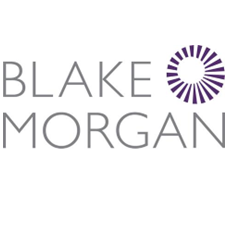When I relocated from South Africa to the UK, I expected similarities in the legal market and while there are many, the differences are worth noting. Here’s what I’ve learned.
UK vs South African Legal Market: What Lawyers Need to Know

The ‘Big 5’ vs Magic Circle
South Africa’s legal market is dominated by the Big 5 firms, similar to the UK’s Magic Circle. However, international firms entering South Africa since 2010 have reduced the Big 5’s dominance. Outside these, most firms are small, often run by three or fewer partners.
Qualification and Training
Both jurisdictions require an LLB followed by practical training:
- UK: LPC + Training Contract (Trainee Solicitor)
- South Africa: PLT + Articles (Candidate Attorney)
Key difference? The UK offers in-house training contracts, while South Africa does not.
Rotations and Retention
UK trainees typically complete four seats and firms aim for high retention rates (85–90%). In South Africa, rotations vary (2–4 or none), and retention is lower—Big 5 firms may keep only 60–70% of clerks, while smaller firms often retain none.
Market Size and Opportunities
The UK legal market dwarfs South Africa’s, offering roles in Magic Circle, Silver Circle, US firms, regional firms, and offshore practices. In-house opportunities are abundant in the UK due to London’s status as a global financial hub, with large teams covering multiple specialisms. In South Africa, in-house teams are lean (often 2–3 lawyers), mainly focused on commercial work.
Key Takeaways
- UK offers broader career options and larger in-house teams.
- South Africa’s market is smaller, with limited in-house roles.
- Both share strong foundations but differ in scale and structure.
If you’re considering a move or want tailored advice, Chadwick Nott provides market insights and exclusive opportunities to help you navigate your career. Contact us today.















